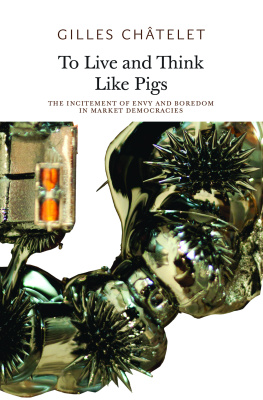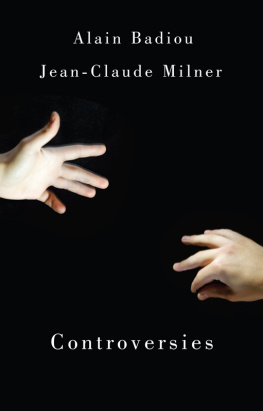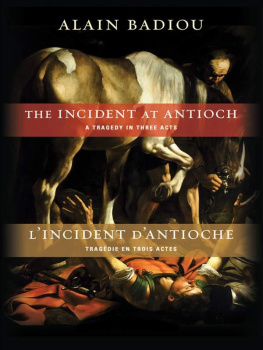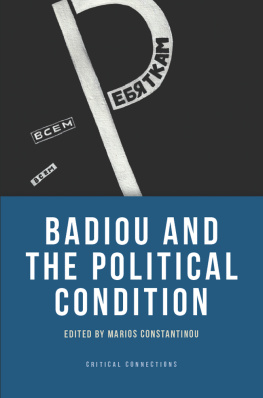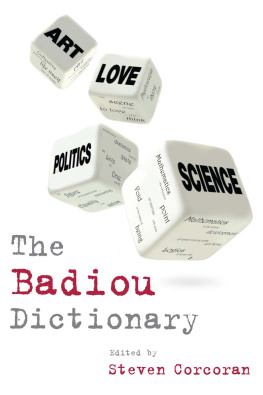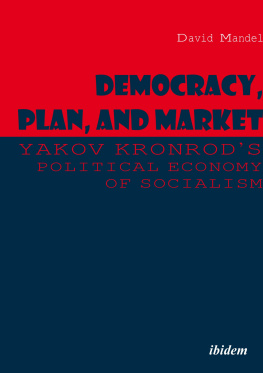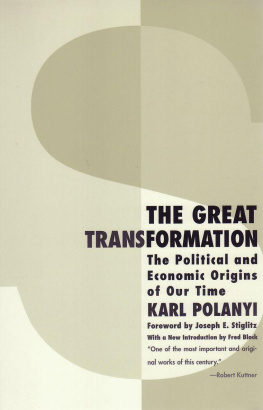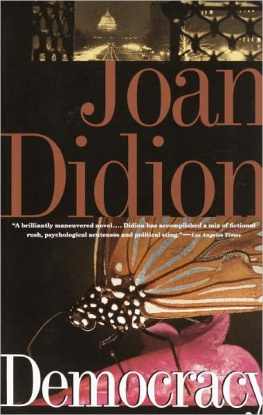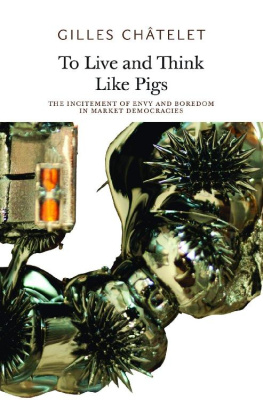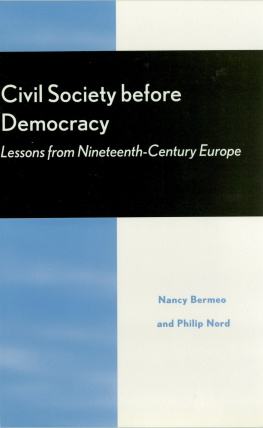For Patrick Baudet, Copi Damonte, Michel Cressole, Gilles Deleuze, Daniel Gurin, Flix Guattari, Guy Hocquenghem, who always refused to live and think like pigs.
My greatest thanks to Dominique Lecourt, for his encouragement and his attentive reading of the manuscript.
Foreword: What is it to Live?
Alain Badiou
Controlled violence, biting sarcasm, discontent with the world and with oneself in the world; the courage to hold fast, solitary, in the face of contemporary abjectionthe reader will encounter all of the above in this book, and will understand why the rage to live that animated Gilles Chtelet was tempered by a terrible melancholy: the melancholy of seeing that we are solicited (and increasingly so) to liveand to thinklike pigs.
I should like here to inscribe the memory of Gilles Chtelet in a broader context, and to respond to a question that seems to suggest itself: How is it that a thinker specialising in the history and the theory of the sciences, this mathematician doubling as a philosopher, this subtle intellectual favoured with a great talent for writing, could be swept up in such a polemical rage against our current terrestrial life? How could someone who in academic language would be called an epistemologista discipline one might assume to be the calmest of allcome to foment within himself a ferocious polemic, a sort of sacred fury?
To respond to this question, and to situate the present book within the overall intellectual horizon of its author, I should like to take up what I believe to be the five major maxims of our friends thought, and to demonstrate their connection to the potential amplitude of the life of the body. By indicating, in short, why Gilles Chtelet was not at all an epistemologist: Gilless philosophy, far from all academicism, is a romantic dialectic since, for him, every proposition on science can be converted into a maxim for life.
1. Firstly, a motif that is for him far more than a speculative conviction, far more than a topos of the philosophy of science; which is, I think I can safely say, an existential, even political certainty, since it is at the heart of his romantic dialectic: thought is rooted in the body. The body conceived of as dynamic spatiality. Gilles Chtelet, at the most fundamental level of his creation, maintains that thought has a geometrical origin. All thought is the knotting together of a space and a gesture, the gestural unfolding of a space, even.
The maxim of life that corresponds to this motif might be set out as follows: Unfold the space that does justice to your body. Gilles Chtelets love of partying obeyed this maxim. It is more ascetic than it might appear, for the construction of the nocturnal space of pleasure is at least as much of a duty as a passive assent. To be a pig is to understand nothing of this duty; it is to wallow in satisfaction without understanding what it really involves.
2. This geometrical origin of thought is only uncovered when we discern in every realisation, and moreover in every mathematical formalization, the virtuality of articulation that is its principle of deployment. Geometry is not a science of extrinsic extension, in the Cartesian sense; it is a resource for extraction and for thickening, a set of deformational gestures, a properly physical virtuality. So that we must think a sort of interiority of space, an intrinsic virtue of variation, which the thinking gesture at once instigates and accompanies.
In terms of life, this time it is a matter of remarking that solitude and interiority are, alas, the intimate essence of alterity and of the external world. Gilles Chtelet knew innumerable people, but in this apparent dissemination there was a considerable, and perhaps ultimately mortal, dose of solitude and withdrawal. It is from the point of this bleak solitude, also, that he was able to judge the abject destiny of our supposedly convivial societies.
3. The latent continuum is always more important than the discontinuous cut; to Koyrs breaks, to Kuhns revolutions, to the falsifiabilities of Popper and Lakatosapostles of the discontinuous whose unity Chtelet perceived beyond the apparent polemicswe must oppose another type of localisation of thought.
For Chtelet, the history of thought is never ready-made, pre-periodised, already carved up. Thought is sleeping in the temporal continuum. There are only singularities awaiting reactivation, creative virtualities lodged in these folds of time, which the body can discover
and accept.
The maxim of life this time is: Reactivate your dormant childhood, be the prince of your own unsuspected beauty. Activate your virtuality. In the order of existence, materialism might be called the dessication of the virtual, and so Gilles sought to replace this materialism with the romantic idealism of the powers of childhood. To live and think like a pig is also to kill childhood within oneself, to imagine stupidly that one is a responsible well-balanced adult: a nobody, in short.
4. Being reveals itself to thoughtwhether scientific or philosophical, no matterin centres of indifference that bear within them the ambiguity of all possible separation. This dialectical ambiguity is signalled by the rout of spatial self-evidence, which always believes it is capable of orienting itself and fixing its path. It is at the point of such centres of indifference, such reversible sites, such unstable points, that separative understanding and intuition fuse, in a paradoxical intensity of thought. There is nothing more revelatory, nothing that better discloses Chtelets elegant uncertainty, than these points of maximal ambiguity where a new pact between understanding and intuition is sealed.
This time we shall say: Be the dandy of ambiguities. On pain of losing yourself, love only that which overturns your order. As for the pig, he wants to put everything definitively in its place, to reduce it to possible profit; he wants everything to be labelled and consumable.
5. The higher organisation of thought is always attained through the active combination of an axis of penetration and lateralities which are arranged in relation to this axis, yet are orthogonal and thus resistant to its pure linearity. Only this arrangement (the straight force of the axis and the resistance that tends toward the lateral) can grasp the multiple, or diversity. What is the multiple? Ultimately, for one who thinks, the multiple is the production of a deformation of the linear through laterality. On Grassmanns capturing of extension, Chtelet writes as follows:
The theory of extension proposes to master the birth of the continously diverse. This diversity must not be regarded as being like that of blocs dispersed in extension, but must form a system: a coherent deformation must produce it. This ambiguity thus necessitates the most resolute poetic propulsion, that most orthogonal to transitivities, and exalts to the highest degree the gesture that cuts out and exposes form.
As we can see: a thought is that which masters, in the resolute gestural treatment of the most resistant lateralities, the engendering of the continously diverse. The grasping of being does not call for an averaging-out, or for the gathered presence of the unicity of sense; it convokesthis is perhaps the most important wordthe irreducibility, the dialectical irreducibility, of dimensions. In this sense thought is never unilaterally destined to signifying organization, even if Chtelet, scrupulous here as elsewhere, always recalls the necessity of the letter and of pure algebra. But this is not where the ultimate stakes of thought lie. They lie in a capacity to seize the dimension; and for this one must invent notations, which exceed the power of the letter.

